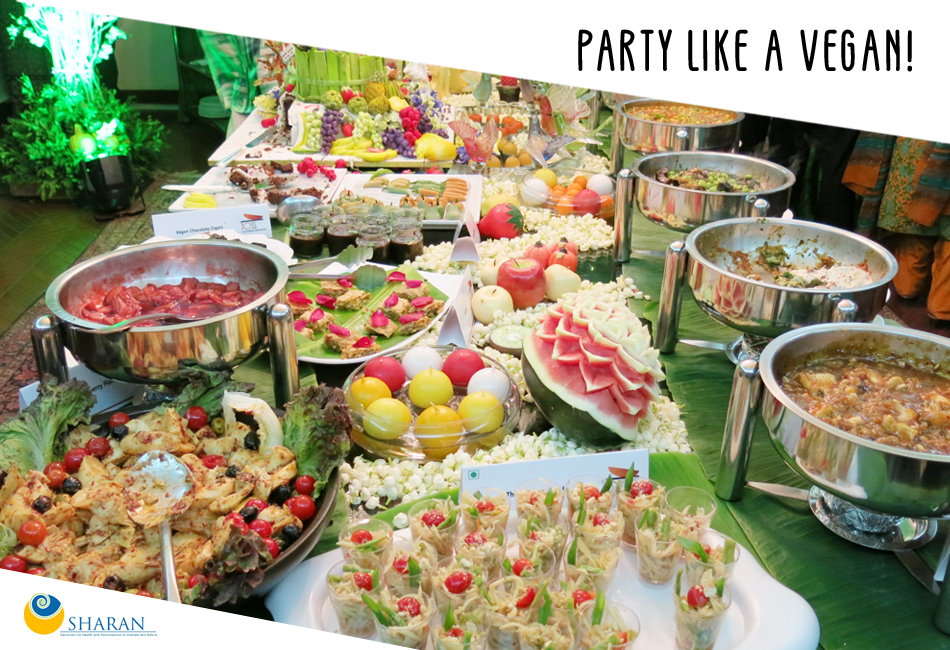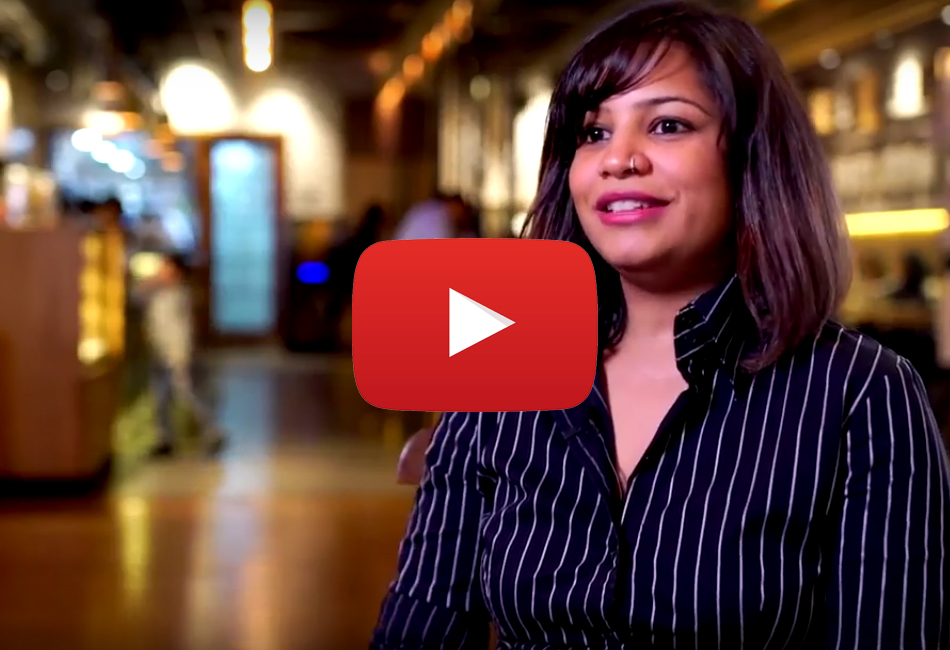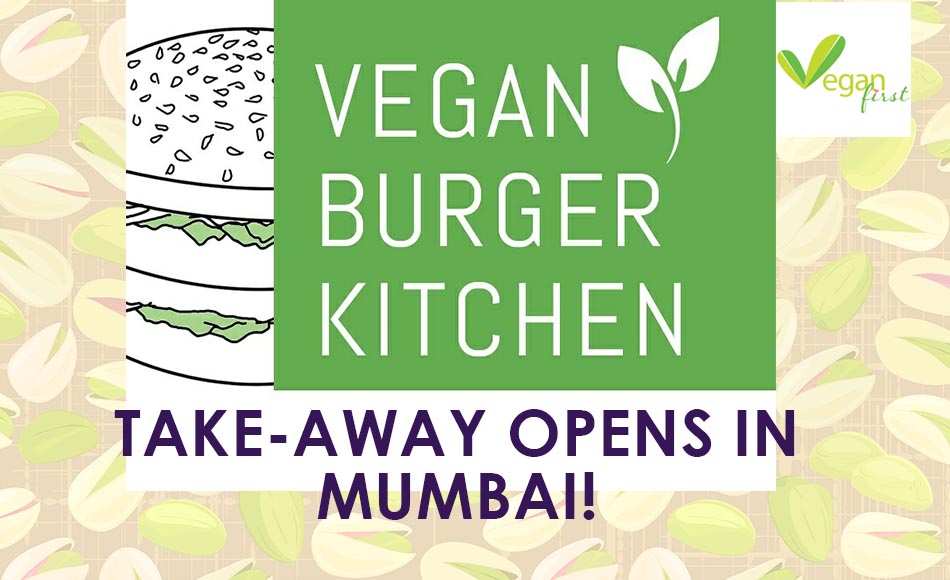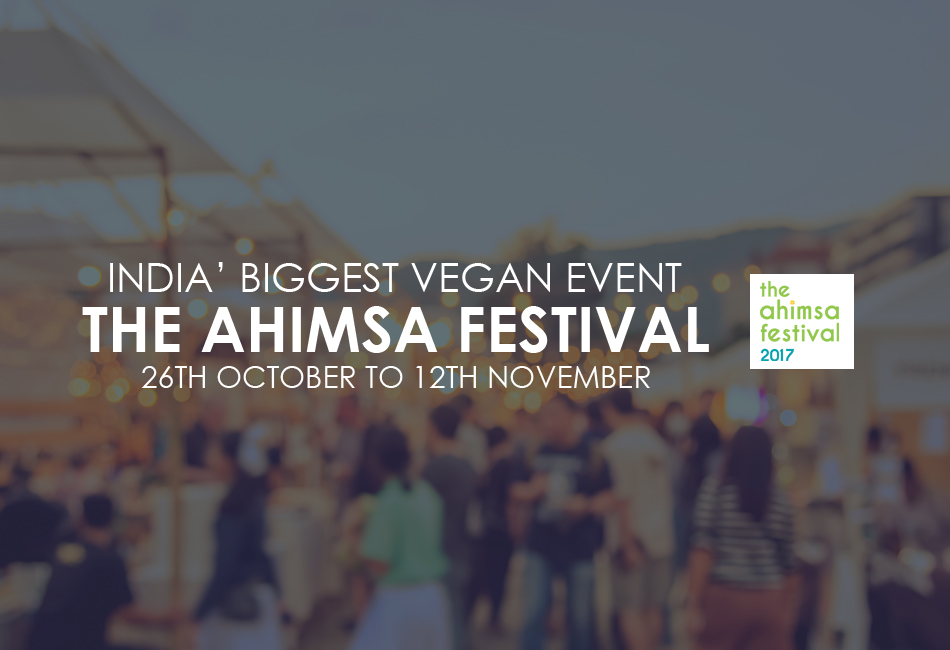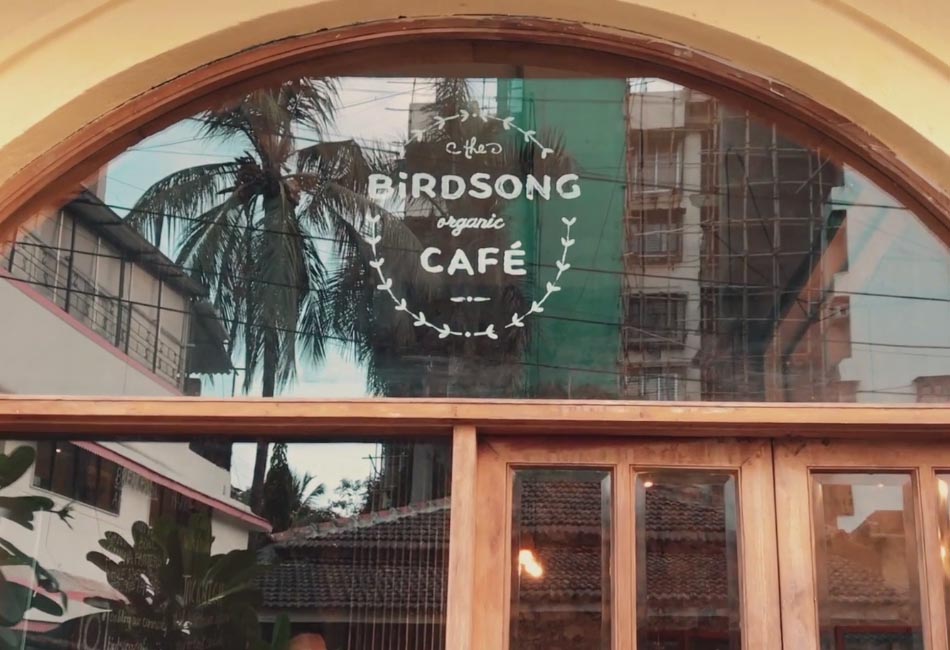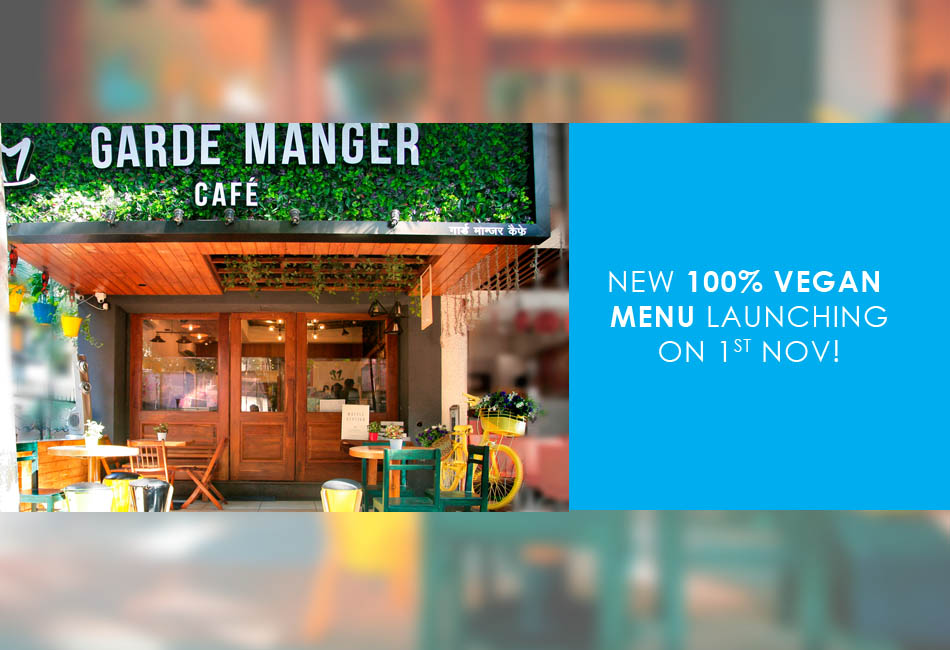Download Free Vegan Starter Kit -
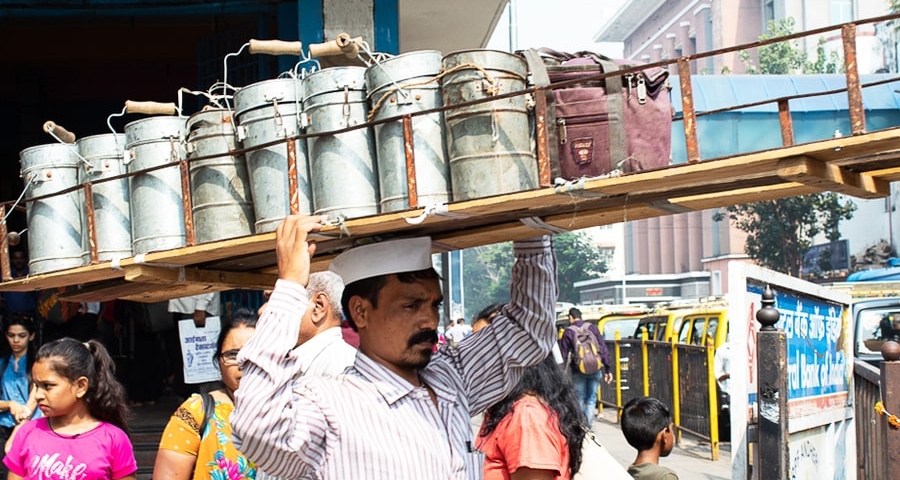
More Than Just A Packed Lunch: The Story Of Dabbawalas
Sometimes a weekday lunch date is wonderful, whether it's enjoying the newest thing on the block, grabbing a takeaway to enjoy in the sunshine or having a proper sit-down meal with your colleagues. However, most of us would probably agree that there's nothing quite like a homemade lunch: warm flatbreads, fresh rice, rich vegetable curry and a heavily fragranced dal.
Most of the time, the food that we pack into dabbas – dal, sabzi and roti – is inherently vegan. And the great thing about vegan food is that it travels well – no meat, eggs and dairy means that the food doesn’t spoil as quickly as non-vegan food.
Mumbaikars have long had the luxury of having homemade food delivered straight to them – all thanks to the trusty dabbawalla. Since the unionisation of the dabbawalas in the 1950s, this kind of feast can be sent, day in day out, straight to the office.
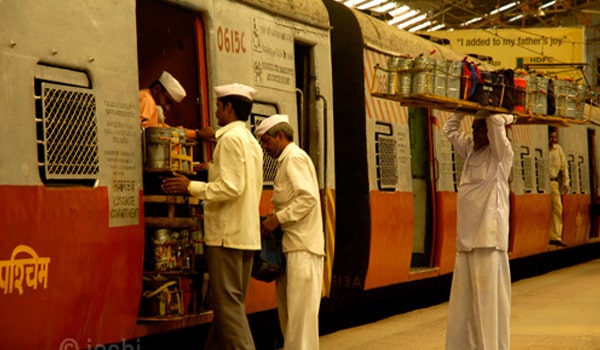
Dabbawallas in Mumbai
Where it All Began
Back in 1890 migrants were travelling from rural communities to make lives for themselves in the big cities. Mumbai had experienced a huge boom in population thanks to migration, which in turn had led to many skilled workers travelling to the inner city for work. The fast food infrastructure had not grown quickly enough to support the needs of these workers and so the dabbawalas began.
Mahadeo Havaji Bacche is the man credited with hiring the first dabbawala. He decided he would get his wife to make a lunch and he would pay to have it delivered to him. He hired a man from Pune, and quickly the idea gathered momentum until later that year around 100 dabbawalas were hired to deliver lunches to offices near him.
All of the dabbawalas that Madadeo employed were from Pune, a little over two hours away from Mumbai. The workers were largely illiterate, which meant it would be difficult for them to find office-based employment, however, they were strong and determined. The delivery service grew exponentially over the next few decades until in the mid-1950s the dabbawalas were delivering some 200,000 lunches per day.
By 1956 it became clear that what had started as a small service needed to be properly organised. A charitable trust was registered under the name of Nutan Mumbai Tiffin Box. Just over a decade later, a commercial arm to this charity was registered, which brought structure to the business.
Modern Day Dabbawalas
Amazingly the structure of the business is exactly the same as it was more than 120 years ago. Still, almost all of the 5000 dabbawalas are from small villages near Pune, many of them being part of families that have worked in this industry for generations. So closely linked are the dabbawalas, that for five days during March all lunch distribution is paused to allow the villagers to return home for the annual village festival. Happily the tradition of the dabbawala is set only to grow and has been at a steady rise of between 5 and 10% per year for several years now.
Dabbawalas are self-employed, but before undertaking their job, must pay 30,000 rupees to the union. After paying your fee, you are guaranteed a healthy monthly income of 5000 rupees for as long as you are fit enough to work. When you consider that the fee for delivery is just 150 rupees per month, the whole thing seems very reasonably priced!
Whilst this delivery system has been long used and understood in India, the dabbawalas recently shot to global fame after Bollywood Star Nawazuddin Siddiqui, who was recently announced as PokerStars ambassador, appeared in The Lunchbox, winning the Grand Rail d’Or at the Cannes Film Festival. Whilst this film was a beautiful peek into an unlikely relationship, it did seem a little unfair on the delivery service. It's reported that Forbes certified the dabbawala's service as a six sigma organisation, meaning that a mistake is made just 3 times out of a million. So incredible is the organisation of this business, that it has been studied at length by Harvard Business School and is rumoured to be the envy of FedEx. Perhaps the mishap in The Lunchbox was just an incredibly sweet twist of fate!
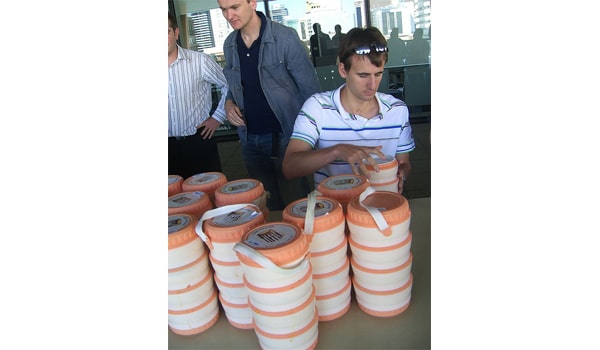
The dabba has gone global - these takeaway lunches are being packed in Australia!
What's In A Dabba
The reason for the name of the dabbawalas is very simple It literally translates as 'one who carries a box'. These lunchboxes are usually large cylindrical metal tins known as dabbas. Almost all dabbas are made by the family at home, though recently restaurants have begun offering the same service. The dabbas are separated into three or four tiers, which usually include rice, curries, flatbreads and sometimes a dessert.
At around 10am, the dabbawalas collect the boxes from the family home. They are transported by bicycle in large crates of up to 45kg, through the busy streets and to the station. A coding system is used to help the box on its journey, detailing station of departure, the station of arrival, district, office building and then floor. This coding system appears complex, but is remarkably simple once properly explained. An interesting way to gain an insight into the workings of the business is to join in on a tour, where you'll see firsthand the organised chaos that is lunchtime in Mumbai!
All lunchboxes arrive by 1pm at the very latest, though most dabbawalas aim to be an hour early to account for the horrendous traffic. Finally, once lunch is finished, the boxes are all collected and begin their journey back home, ready to begin again the following day.
Like this?
AUTHOR

trending
2.png)
Be a Vegan First Informer
Send us buzzworthy news and updates
Explore
Contact Us
About Us
Stay Connected
Copyright ⓒ 2017-2023. VEGAN PASSION PRIVATE LIMITED. All Rights reserved.
For more information, please write to hello@veganfirst.com
Registered Office Address: 55, 2nd floor, lane 2, Westend Marg, Saidullajab, Near Saket Metro Station, New Delhi, Gadaipur, New Delhi South West Delhi, DL

2.png)

.png)
.png)
2.png)
2.png)


1.png)

